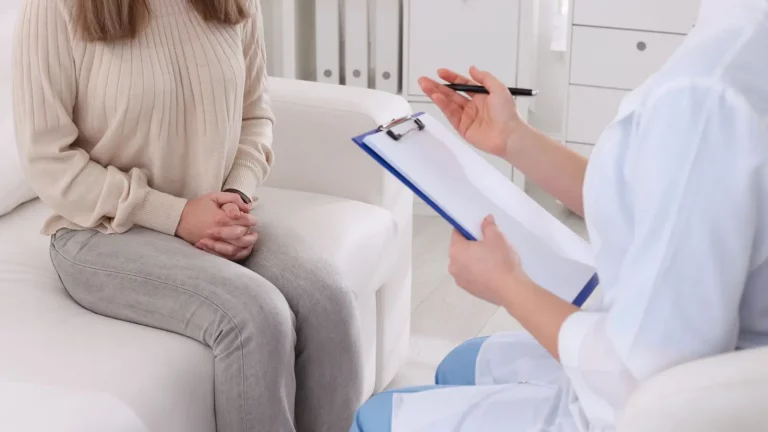
You’ve just stepped out of the shower, confident that no soap made its way into your mouth. Yet, there’s a bitter, slightly metallic taste lingering on your taste buds. According to Medical News Today, this soapy taste can stem from both external and internal factors, ranging from leftover soap on utensils to certain health conditions.
As mentioned earlier, a soapy taste might simply be due to soap itself. Experts suggest that inadequately rinsed dishes, straws, or utensils could leave soap residue. The same goes for foods washed in soapy water. In such cases, the soapy taste is typically temporary. Additionally, anxiety about soap contamination, even if unfounded, may trigger a soapy taste in the mouth.
Another possible cause could be certain medications, as reported by Medical News Today. For instance, the antiviral drug Paxlovid, used to treat COVID-19, may lead to a soapy taste as a side effect, according to The Atlantic.
A soapy taste may be related to oral health

Dental experts at Damon R. Johnson, DDS note that a soapy taste in the mouth might indicate oral health issues. Neglecting regular brushing and flossing can lead to old food particles decomposing and creating a soapy taste. Additionally, cavities, dry mouth, oral thrush, or acid reflux might also cause this sensation. However, it doesn’t always point to poor oral hygiene; genetic factors or hormonal changes may alter taste perception over time.
In rare cases, a persistent soapy taste paired with symptoms like dilated pupils, vomiting, diarrhea, spasms, or pale/blue skin can signify sodium fluoride poisoning, as explained by Healthline. Found in insecticides, sodium fluoride can be toxic if overexposed. If symptoms arise, seek emergency medical help and contact Poison Control for further advice.
Generally, a temporary soapy taste isn’t alarming. However, if it lasts beyond one to two days, worsens, or comes with additional symptoms, consult your doctor, advises Medical News Today.




